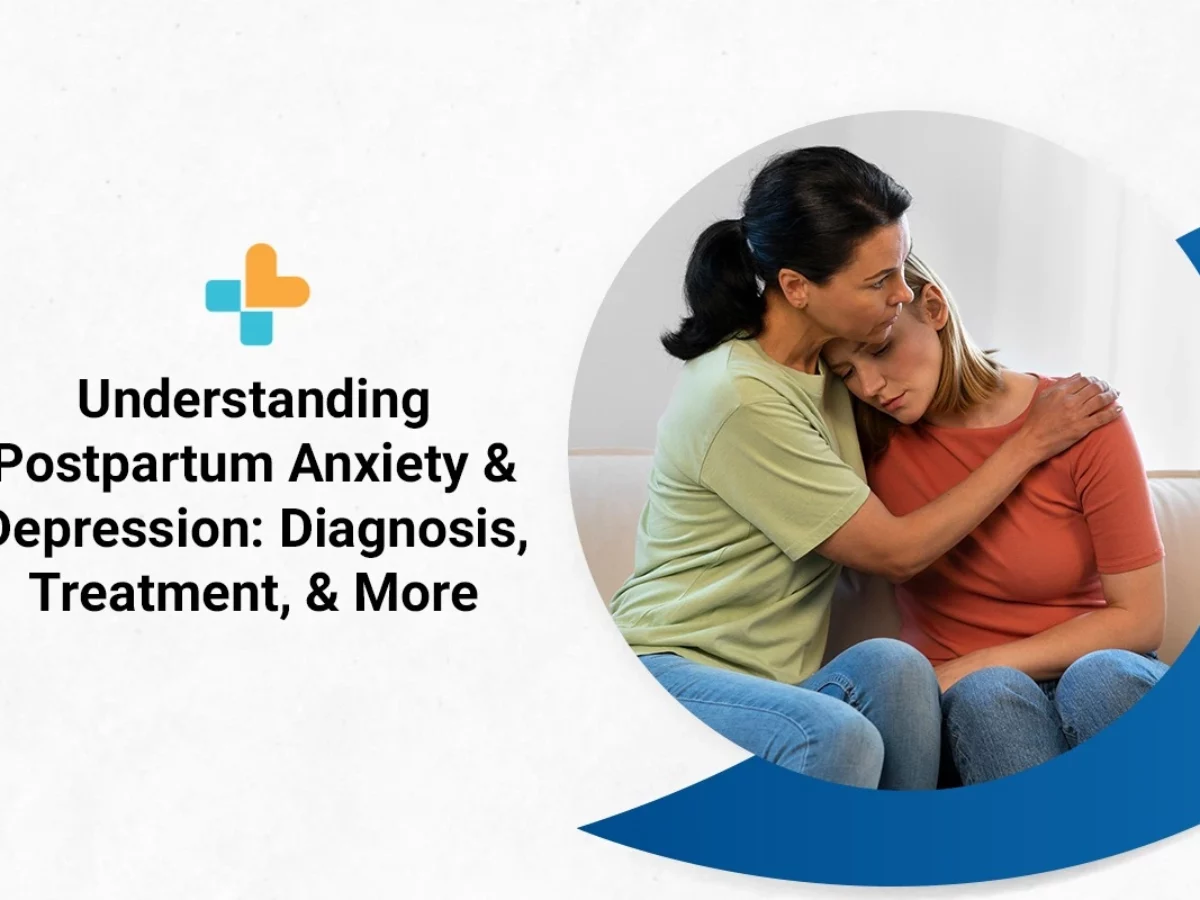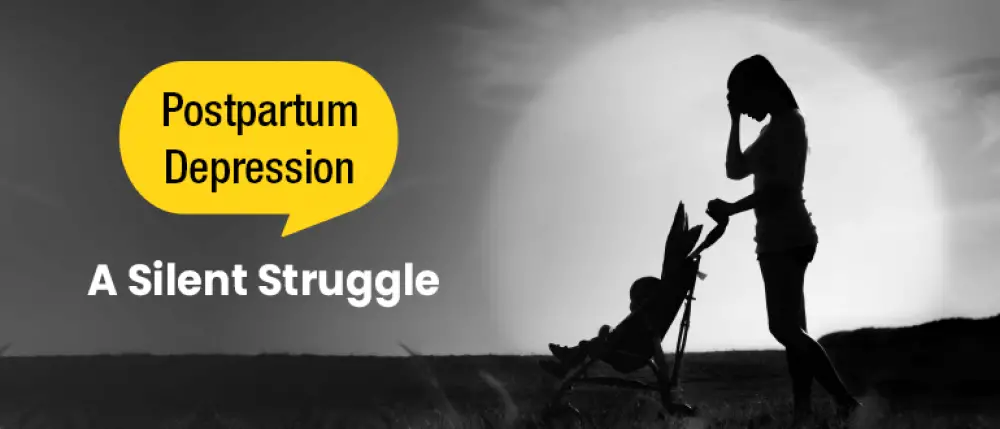Not known Details About Beautiful Journey Reproductive Counseling Center
Not known Details About Beautiful Journey Reproductive Counseling Center
Blog Article
An Unbiased View of Beautiful Journey Reproductive Counseling Center
Table of ContentsAll About Beautiful Journey Reproductive Counseling CenterIndicators on Beautiful Journey Reproductive Counseling Center You Should KnowBeautiful Journey Reproductive Counseling Center Can Be Fun For EveryoneThe 4-Minute Rule for Beautiful Journey Reproductive Counseling CenterThe Only Guide to Beautiful Journey Reproductive Counseling Center6 Easy Facts About Beautiful Journey Reproductive Counseling Center Shown

Working with psychological wellness specialists is an excellent method to discover concerning postpartum depression and how to recoup. Treatment is an individual and vital way to treat postpartum depression.

The smart Trick of Beautiful Journey Reproductive Counseling Center That Nobody is Discussing
There have not been definitive studies released that looked specifically at folate or other B vitamins in the therapy of postpartum anxiety. Consider recommending to females who are postpartum to continue their prenatal vitamin or take a B-100 facility with regarding 1 mg (or 1,000 mcg) of folic acid, or folate.
Improvement of vitamin D deficiency might play a considerable function in the healing from postpartum anxiety. Moms fighting with depression needs to have their 25-OH vitamin D degree checked. Numerous women locate that they require at least 2,000-3,000 IUs of cholecalciferol, which is vitamin D3 (a form that is extremely readily absorbed) throughout the cold weather.
In the summer season months, much less dental vitamin D might be needed, depending on the latitude where the mom lives. perinatal counseling.
Some Known Questions About Beautiful Journey Reproductive Counseling Center.

[15, 16 (https://filesharingtalk.com/members/594604-beaj0urepcc?tab=aboutme&simple=1)] Anticoagulation may be made use of, and it must be noted that there exists no global guideline or recommendation for anticoagulation therapy in septic pelvic thrombosis. Preliminary bolus of 60 units/kg (4000 devices maximum) adhered to by 12 units/kg/h (maximum of 1000 units/h) is advised. [6] The aPTT is checked for 2-3 times the normal worth.
Postpartum anxiety (PPD) is a complex mix of physical, psychological, and behavior changes that occur in some females after providing birth. According to the DSM-5, a hands-on used to identify mental illness, PPD is a type of major depression that starts within 4 weeks after delivery. The medical diagnosis of postpartum depression is based not just on the length of time between delivery and beginning however on the intensity of the clinical depression.
The term explains a range of physical and psychological modifications that lots of new mothers experience. PPD can be treated with drug and therapy. The chemical adjustments entail a fast drop in hormones after delivery. The actual link between this decline and anxiety is still not clear. What is understood is that the degrees of estrogen and progesterone, the women reproductive hormones, increase significantly throughout maternity.
Beautiful Journey Reproductive Counseling Center for Beginners
PPD can happen after the birth of any type of kid, not simply the first kid. You can have feelings similar to the infant blues-- sadness, anguish, anxiousness, crankiness-- yet you feel them much more highly.
When your ability to function is impacted, you require to see a healthcare company, such as your check my blog OB/GYN or health care doctor. This physician can evaluate you for clinical depression symptoms and think of a therapy strategy. If you do not get treatment for PPD, signs can become worse. While PPD is a serious condition, it can be treated with drug and counseling.
This health problem can take place swiftly, often within the initial 3 months after giving birth. Women can shed touch with reality, having acoustic hallucinations (hearing points that aren't really taking place, like a person speaking) and misconceptions (strongly believing points that are plainly illogical). Aesthetic hallucinations (seeing points that aren't there) are much less typical.
Ladies who have postpartum psychosis need treatment right away and virtually always need drug. Therapy choices consist of anti-anxiety or antidepressant drugs, psychiatric therapy, and engagement in a support group for psychological support and education.
Excitement About Beautiful Journey Reproductive Counseling Center
Kids of mommies with postpartum depression are more probable to have issues with sleeping and eating, sobbing more than common, and delays in language advancement. If you have a background of clinical depression, tell your medical professional as soon as you learn you're expecting, or if you're planning to become expecting.
PPD can take place after the birth of any type of kid, not simply the initial child. You can have sensations comparable to the child blues-- sadness, despair, stress and anxiety, crankiness-- however you feel them a lot a lot more highly.
When your capacity to feature is influenced, you need to see a healthcare copyright, such as your OB/GYN or primary care doctor. This doctor can screen you for depression symptoms and create a treatment plan. If you don't obtain therapy for PPD, signs can worsen. While PPD is a serious condition, it can be treated with drug and therapy.
This illness can take place swiftly, frequently within the first 3 months after giving birth. Females can lose touch with fact, having auditory hallucinations (hearing things that aren't in fact occurring, like an individual talking) and misconceptions (strongly thinking points that are plainly unreasonable). Visual hallucinations (seeing points that aren't there) are less usual.
An Unbiased View of Beautiful Journey Reproductive Counseling Center
Women who have postpartum psychosis need therapy right away and almost always need drug. Therapy alternatives include anti-anxiety or antidepressant medicines, psychotherapy, and involvement in an assistance group for psychological support and education.
Youngsters of mothers with postpartum anxiety are a lot more most likely to have issues with resting and consuming, sobbing greater than normal, and hold-ups in language growth (reproductive therapist). If you have a background of clinical depression - https://beaj0urepcc.wordpress.com/2024/04/05/beautiful-journey-reproductive-counseling-center-supporting-your-reproductive-mental-health/, inform your physician as quickly as you locate out you're pregnant, or if you're planning to become pregnant
Report this page